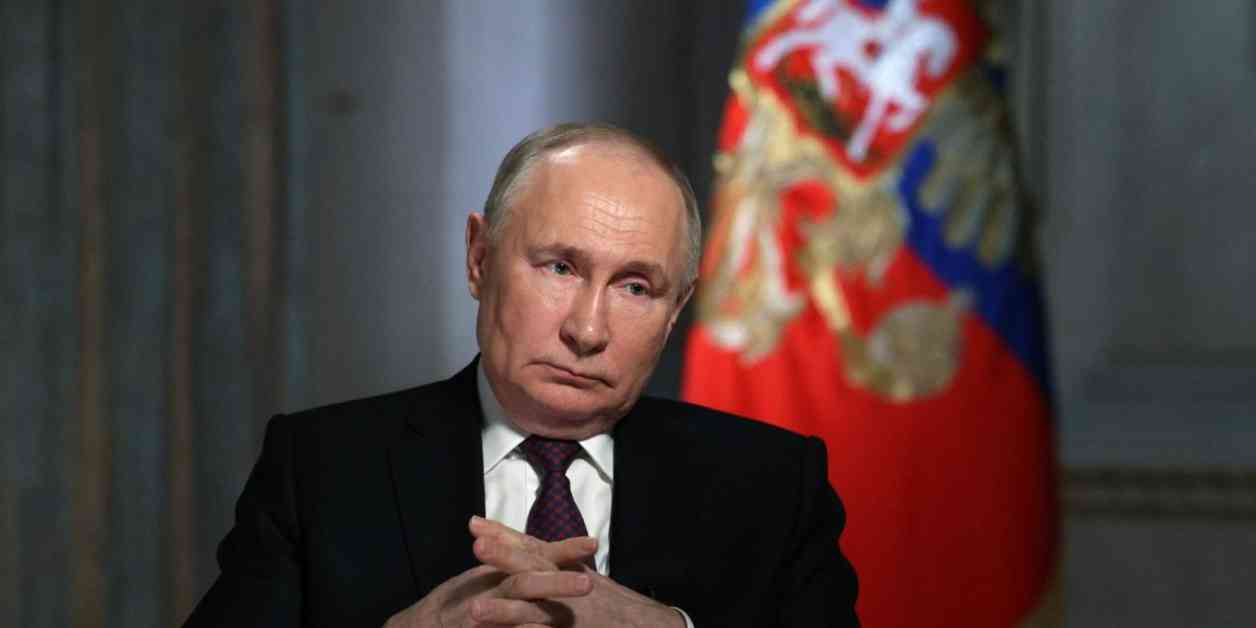New Evidence Points to Russian ‘Shadow Fleet’ Sabotaging Digital Infrastructure
In a shocking revelation, new evidence has emerged pointing to a Russian ‘shadow fleet’ allegedly sabotaging underwater cables critical to digital infrastructure. This development has raised concerns about the extent of Russia’s involvement in disrupting global communication networks.
Who is behind this nefarious scheme, and what are their motivations? These questions have sparked a wave of speculation and scrutiny as experts delve deeper into the intricate web of cyber warfare tactics employed by various state actors.
The Growing Threat
The latest evidence suggests that Russia may be using a clandestine fleet of submarines to target underwater cables that facilitate international communication and data transmission. These cables play a crucial role in connecting different regions of the world, enabling seamless information exchange across borders.
This alarming discovery has sent shockwaves through the cybersecurity community, highlighting the vulnerabilities inherent in the global digital infrastructure. As the reliance on digital technologies continues to grow, the potential impact of such sabotage could be catastrophic, disrupting not just communication networks but also essential services and critical operations.
The Shadow of Suspicion
The shadowy nature of these attacks has only deepened suspicions surrounding Russia’s role in destabilizing digital infrastructure. With mounting evidence pointing towards state-sponsored interference, the international community is faced with a pressing need to address this emerging threat and safeguard the integrity of cyberspace.
As experts race to uncover the full extent of Russia’s involvement, the implications of these actions reverberate far beyond the realm of cybersecurity. The geopolitical ramifications of such sabotage could exacerbate existing tensions and fuel further discord on the world stage.
Call to Action
In light of these developments, it is imperative for governments, cybersecurity agencies, and tech companies to collaborate and strengthen defenses against potential cyber threats. The need for enhanced security measures and proactive strategies to mitigate the risks posed by state-sponsored sabotage has never been more urgent.
As the world grapples with the repercussions of Russia’s alleged involvement in sabotaging digital infrastructure, the time to act is now. The future of global communication and connectivity hangs in the balance, demanding a united front against those who seek to disrupt the digital landscape for their own gain.



















